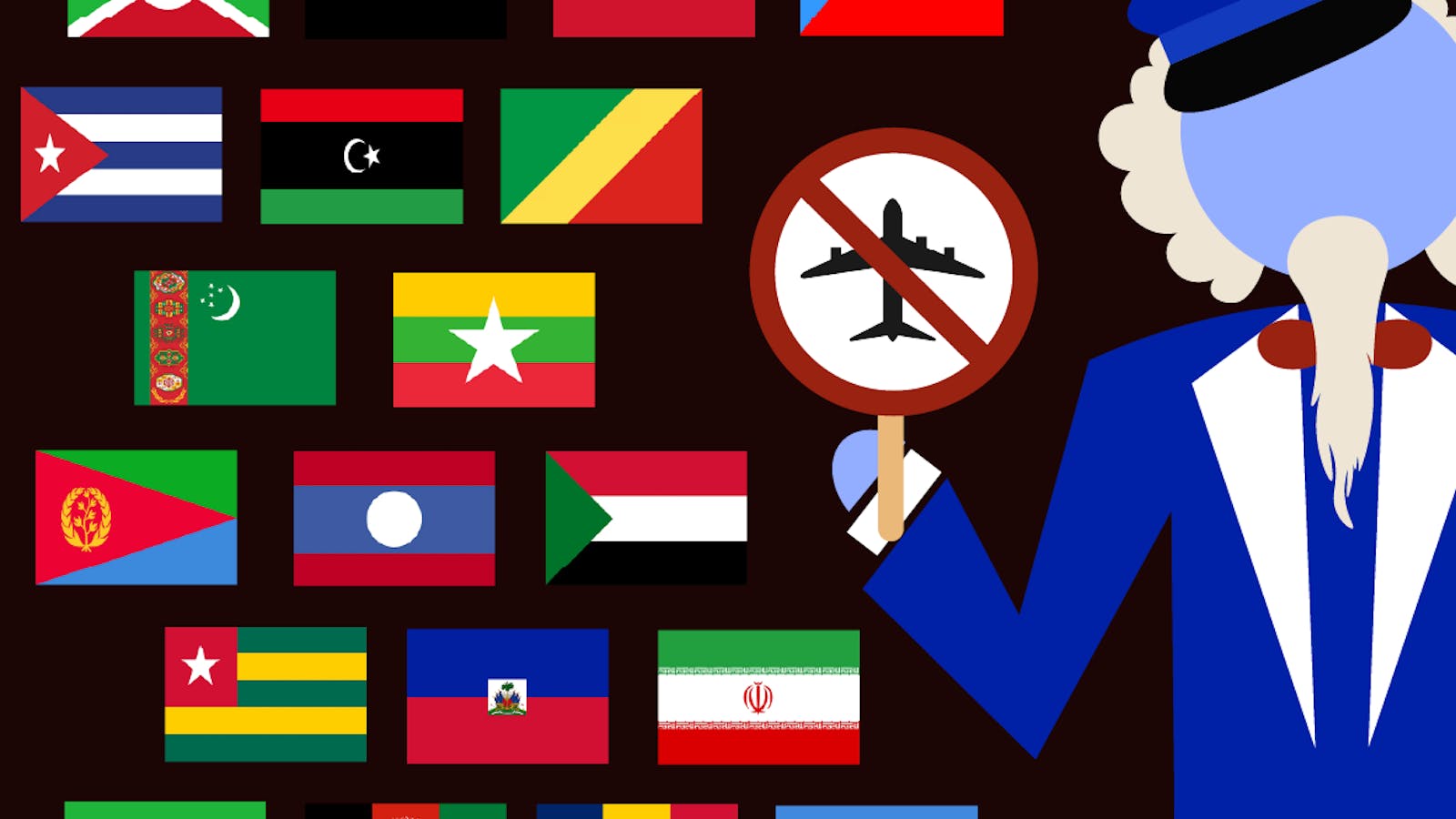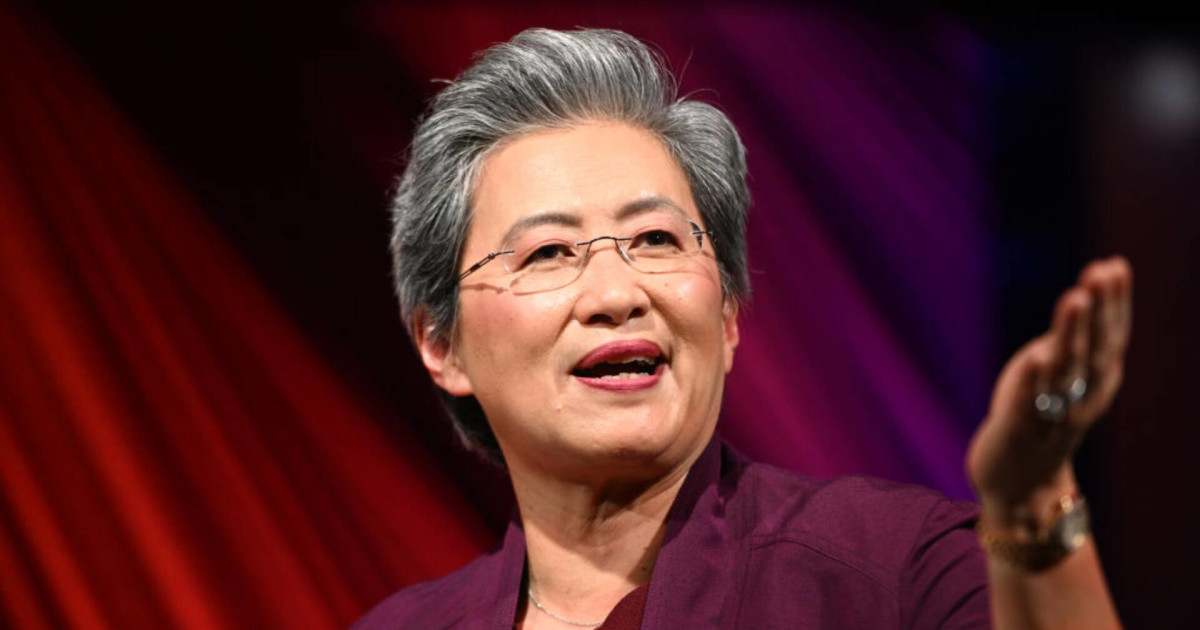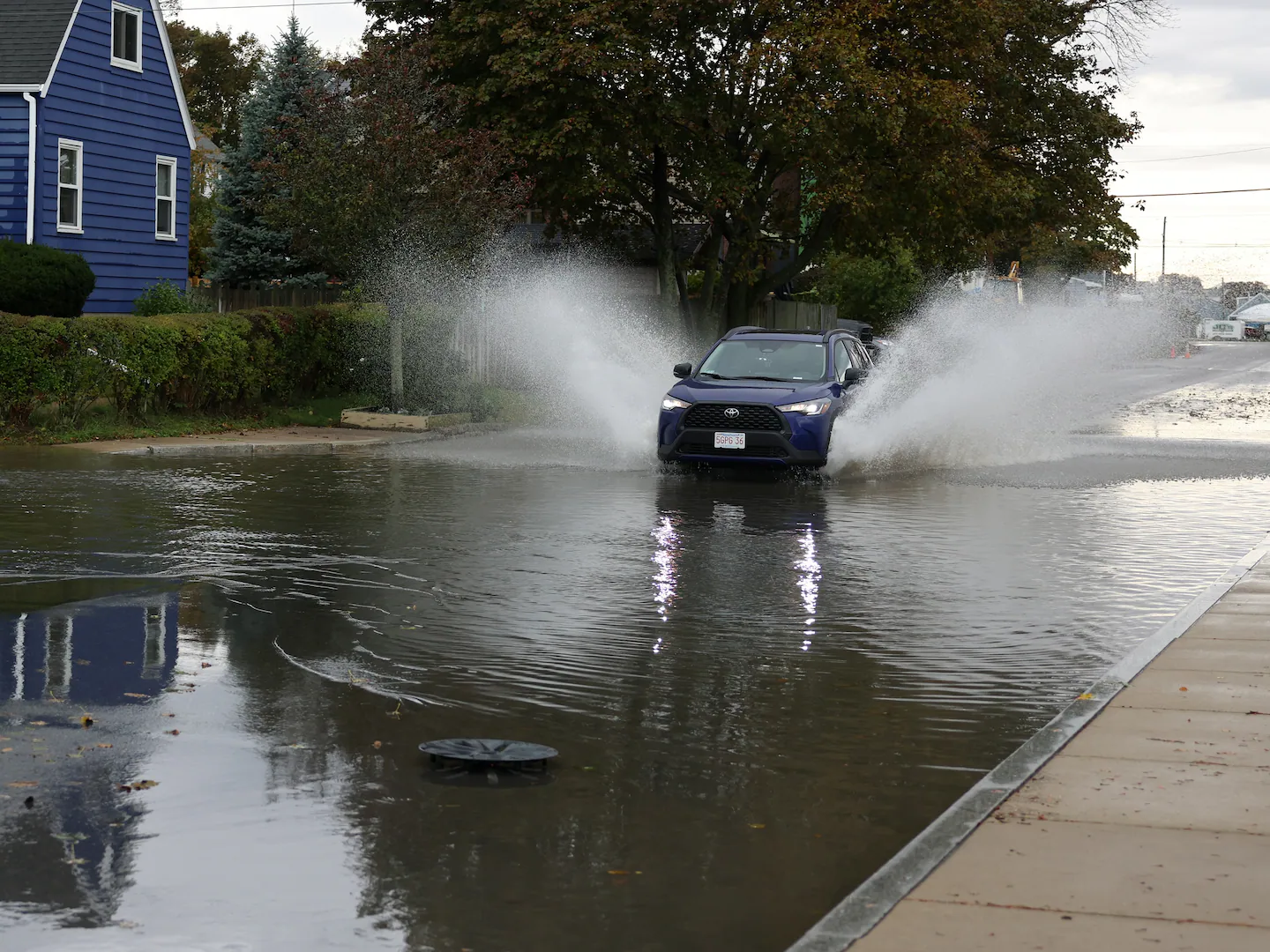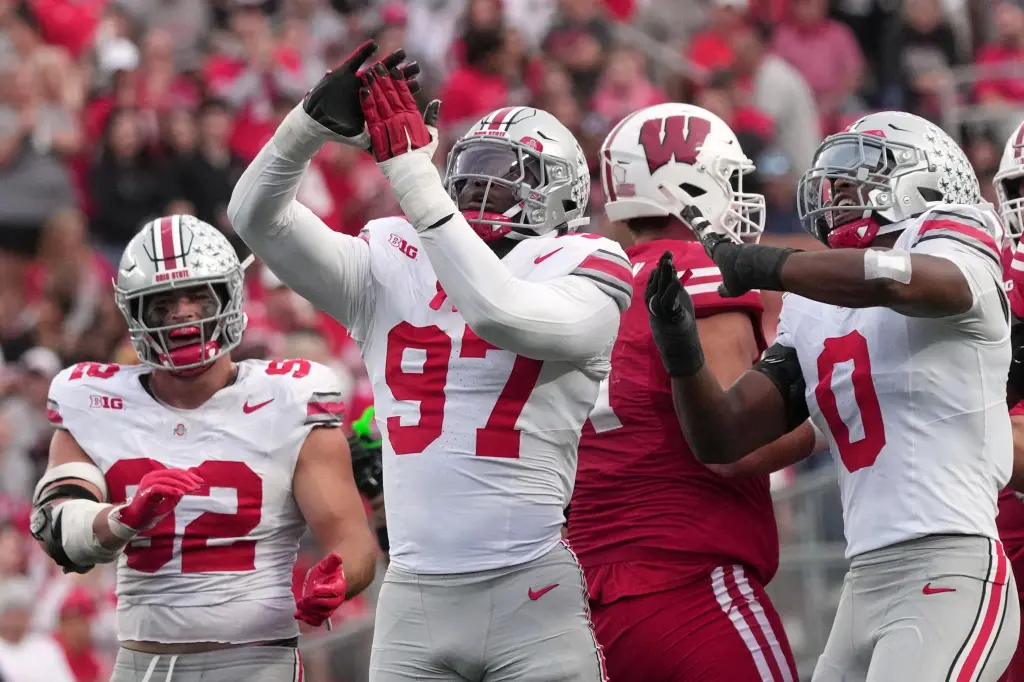Copyright The Independent Florida Alligator

With the government shut down and airport delays this holiday season, plenty of college students are worried about traveling home. Meanwhile, Jorge Sáurez is worried about whether he’ll be able to return to Gainesville. Sáurez, an 18-year-old UF electrical engineering freshman, is an international student from Costa Rica. Recent changes to the visa request process — such as travel limits, enhanced social media vetting and appointment cancellations — have left him and his peers unsure of their future trips back home. “We’re not guaranteed I'm going to be able to go back and forth,” he said. Sáurez, who said his goal was always to receive a better education in the U.S., now feels international students face a huge challenge: not enjoying the holidays with their families. The uncertainty is fueled by the recent, stricter approach to immigration under President Donald Trump. Since Trump took office in January, the U.S. State Department has revoked more than 80,000 visas, over twice the number revoked last year. One-tenth of those were student visas. When student visas are revoked, the students can no longer use them to reenter the U.S., which can lead to the termination of their immigration status. They can reapply for their visas after leaving the country, but the process entails legal action. Deciding whether to leave In August, the Trump administration proposed a rule that would end “duration of status” for student visa holders. Instead of allowing students to stay in the country as long as they are completing their program of study, the new rule creates a fixed four year limit for F-1 and J-1 visa holders. The proposed change has become a big concern for Sáurez, who said international students are not as welcome in the U.S. as they have been in the past. For his parents who still live in Costa Rica, these policy changes have made their distance harder to navigate, he said, explaining it places “that little fear in the back of our heads.” “I don't anticipate any issues as of yet,” Sáurez said about traveling, adding he plans to visit home this holiday season. Alejandro Leon, a 21-year-old UF marketing junior, moved to the U.S. from Venezuela about 10 years ago. Leon is an asylum-seeking resident, meaning he cannot travel outside of the U.S., but he said he wishes he could visit his family. “I would definitely love to travel the world,” Leon said. “I wasn’t able to travel outside of the U.S. before Trump, so until my situation gets resolved there's nothing I can really do about it.” However, the Trump administration has had another effect: Leon’s family living in Spain now avoids traveling to the U.S. Additionally, his family already living in the U.S. doesn’t plan to travel back to Venezuela under the current policies. Leon said he is heading back home to South Florida for the holidays to visit his family there this year, as he usually does. Antonio Amador, a 19-year-old UF electrical engineering freshman, left Colombia three months ago to follow his dream of attending leading engineering programs in the U.S. The international student said he had a “hard time” obtaining his student visa, and he was initially unsure he'd even be granted it when he first applied. Now that he’s here, he said he doesn't feel much pressure from the Department of Homeland Security’s decisions regarding student visas. Amador confirmed he will travel home for Christmas. “If they don't decide to let me in, it's their loss,” he said. However, he empathizes with those who can't go home due to visa issues or travel bans. Students who can’t go home “won’t feel as welcome here,” he said. Restricted flights and family homecomings The Trump administration implemented a full travel ban for 12 countries June 9, restricting both immigrant and non-immigrant visas. These countries include Haiti and Iran, which both have communities at UF. There were 126 Iranian international students and 52 Haitian students enrolled at UF as of the Fall 2023 semester. The administration also implemented a partial ban on seven countries, including Venezuela and Cuba, which limits the visas people can get — including student visas. Bayan Mahmoodi, a 20-year-old UF computer science sophomore, is Iranian American with family in Iran. He feels sad his family can’t visit him in the U.S., he said, though they meet in Canada, where they have family members. The visa limitations and travel bans aren't going to benefit Americans, Mahmoodi said. Instead, they will simply scare people from coming internationally, because they are afraid of being sent back home. Mahmoodi said his international friends don’t want to speak about anything political in fear of their visas being revoked. They are extra careful filling out and keeping track of paperwork such as I-20 forms and SEVIS payments, Mahmoodi said, because they are scared that if something isn’t filled out correctly, they will have to leave the U.S. “It feels very pointless … it feels very unplanned, and it feels very unnecessary,” Mahmoodi said. Contact Madeline Herring at mherring@alligator.org. Follow her on X @m_herring06.



